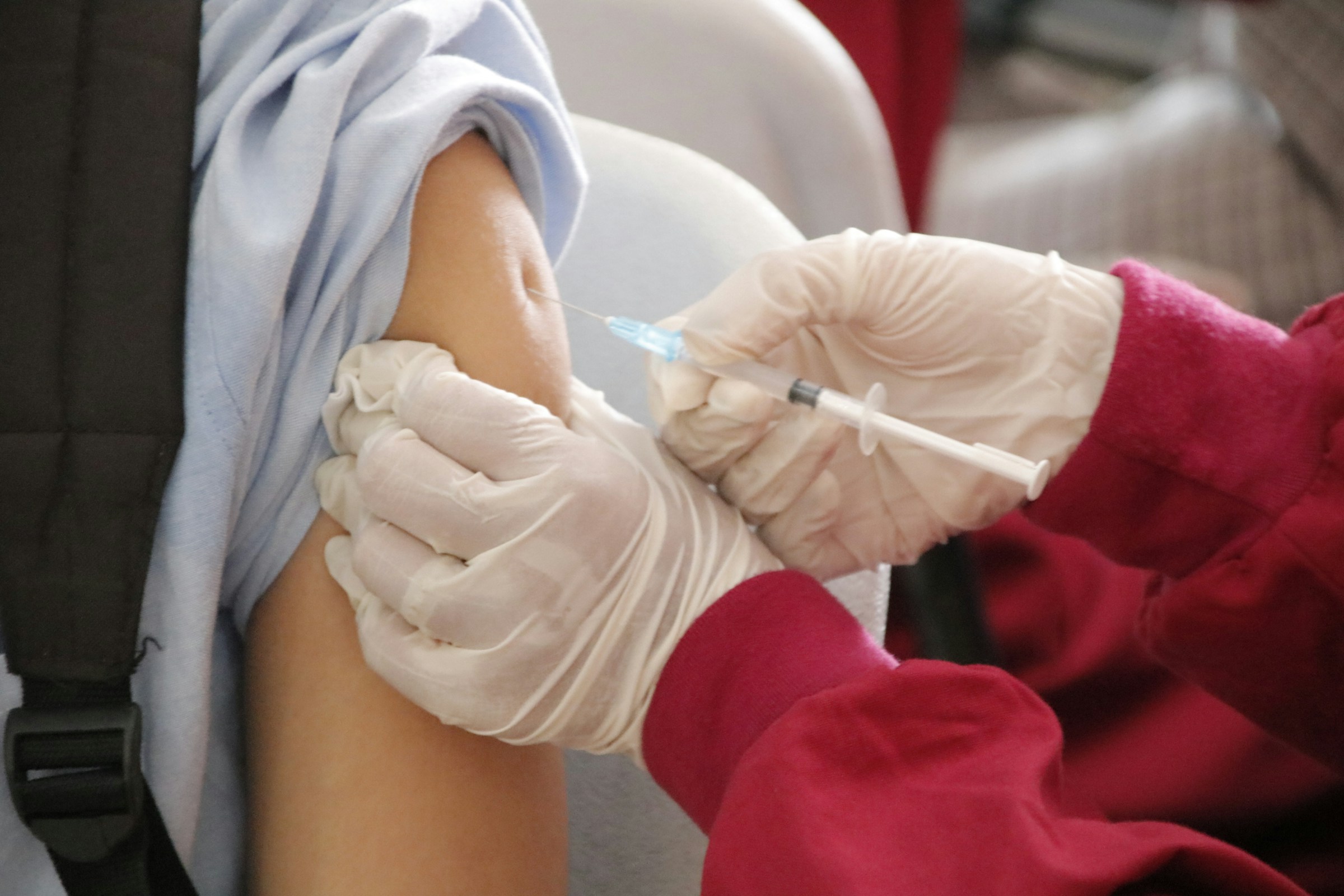Malaria
Malaria is a serious and sometimes fatal disease, transmitted by the bite of an infected mosquito occurring in many tropical regions of the world.
Malaria is a potentially serious parasitic infection transmitted through the bite of an infected mosquito. In humans the disease is caused by five different species of the Plasmodium parasite. Malaria is widely distributed throughout tropical regions of the world including in parts of Africa, Asia, Central and South America, the Caribbean, the Middle East and Oceania. Malaria is preventable and curable if diagnosed and treated promptly.
Around 1,500 cases of malaria are reported annually in travellers returning to or arriving in the UK, with eight or less deaths reported each year since 2006. The risk of malaria varies according to season, geographic location, activities, type of accommodation, and the use of malaria prevention tablets and bite avoidance measures.
All travellers visiting areas where malaria occurs are at risk of acquiring the disease, particularly migrants to the UK who were born in malaria risk areas and return to visit friends and relatives in their country of birth. Any immunity travellers may have acquired in their country of origin wanes rapidly on migration to a country with no risk of malaria; their UK-born children will have no protection from the disease. Certain travellers are at increased risk of severe disease such as pregnant women, those with an absent or poorly functioning spleen, children and older travellers.
Symptoms
The symptoms of malaria vary but typically include: fever, headache, fatigue, and muscle aches. Cough and diarrhoea may also occur. Malaria from all species can be disabling however malaria caused by the species Plasmodium falciparum can progress rapidly and cause life- threatening complications if prompt treatment is not given.
Prevention
Prevention of malaria involves several steps. These steps can be remembered as the A, B, C, D of malaria prevention:
– Awareness of the risk
– Bite prevention (particularly at night time)
– Chemoprophylaxis (use of appropriate malaria prevention tablets)
Diagnosis (prompt diagnosis and treatment)
Choice of malaria prevention tablets depends on the malaria species common in the area to be visited and whether there is resistance to any of the available drugs. Certain drugs may not be suitable for certain individuals due to existing medical problems or interactions with their regular medication. Our specialist pharmacist will provide country-specific information on malaria prevention medication.
All travellers should be aware of the signs and symptoms of malaria and should be advised to seek immediate medical attention if these occur either whilst abroad or up to a year after their return.
Frequently Asked Questions
Malaria is a viral infection that, once contracted, can lead to death.
Malaria can spread to a person if they are bit by an infected female Anopheles mosquito.
People catch Malaria if they are bit by an infected female mosquito of a particular type called Anopheles. This type of moth is usually found by swamps, rivers, grassy ditches, and rice fields.
Typically, Malaria lasts for around two weeks; however, people can be repeatedly infected, particularly in areas where the disease is common.
Once a person has been bit by an infected mosquito, it will take between 7 to 18 days for symptoms to show. These symptoms include:
– High temperature
– Headaches
– Tiredness
– Diarrhoea
– Sickness
– Muscle pain
– Sore throat
– Difficulty breathing
Malaria is very common in tropical regions, such as:
– Africa
– Asia
– Central and South America
– Dominican Republic and Haiti
– Middle East
– Pacific islands
If you are thinking of travelling to areas where Malaria is commonly found, then you should book an appointment with your doctor to discuss how you can minimise contracting Malaria. Additionally, you may be prescribed antimalarial tablets.



